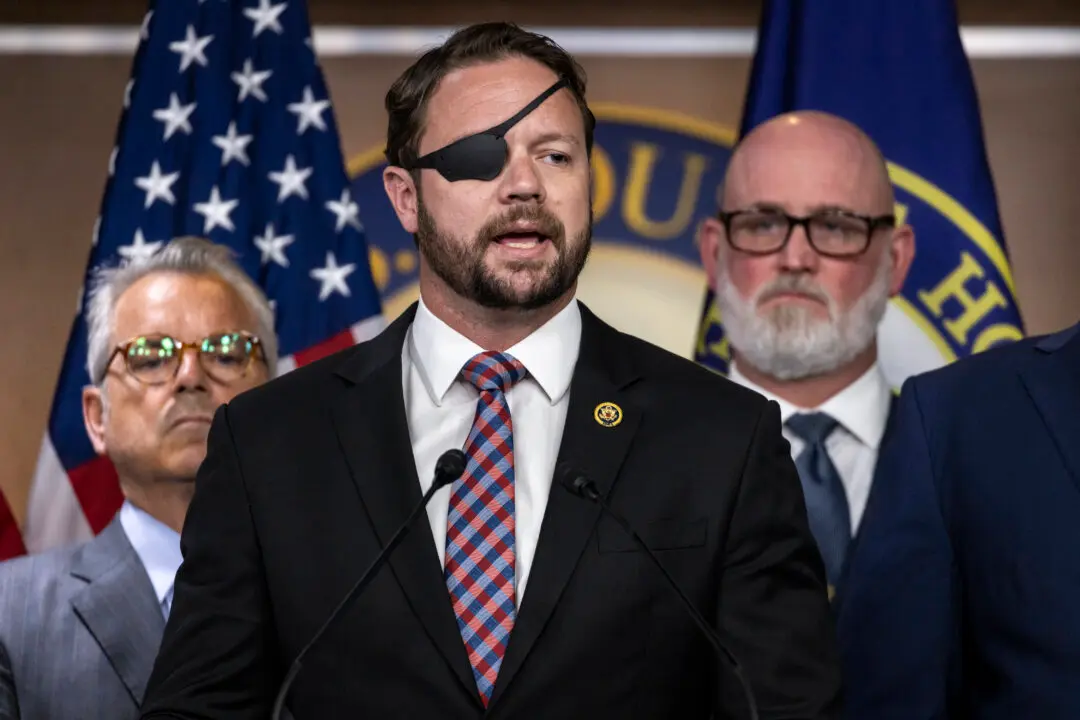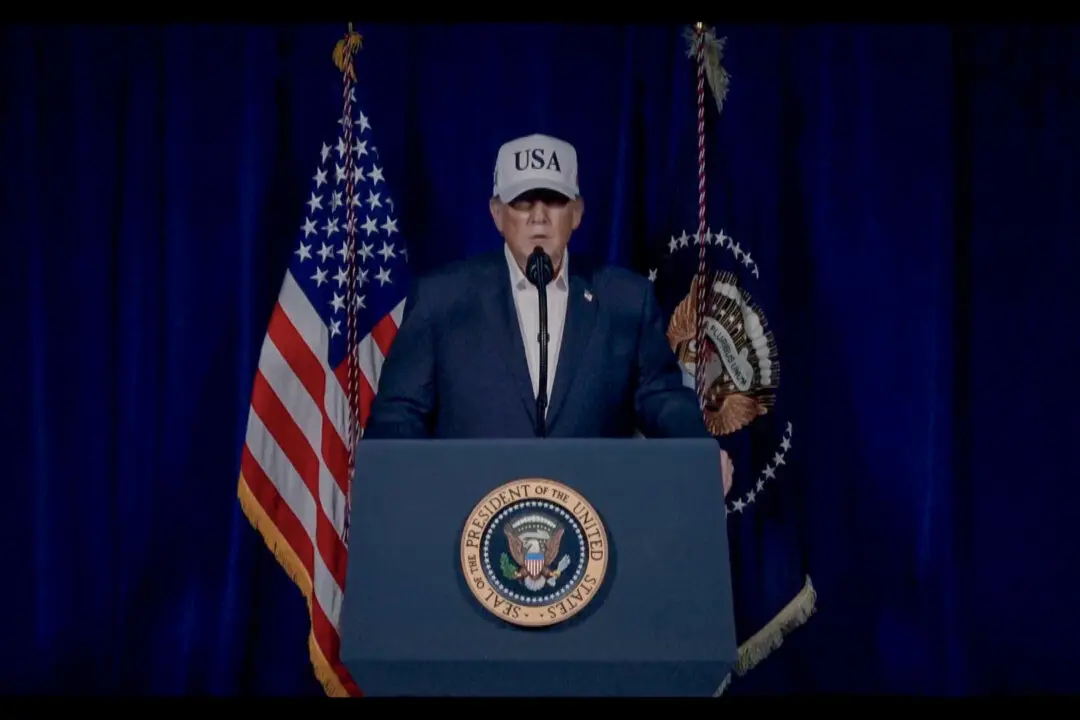The Biden administration is facing increased scrutiny by congressmen from both parties following the collapse of Afghanistan to the Taliban earlier this week.
President Joe Biden defended his decision to withdraw U.S. troops from Afghanistan in a press conference Monday. He criticized the previous three administrations’ handling of the war over the 20 years that the United States has occupied the country. “Our mission was never supposed to be nation-building … [or] creating a unified centralized democracy,” Biden said at one point. He continued, “There was never a good time to withdraw U.S. forces,” referencing the several attempts by other administrations to get out of the conflict, but he said, “I stand squarely behind my decision.”




